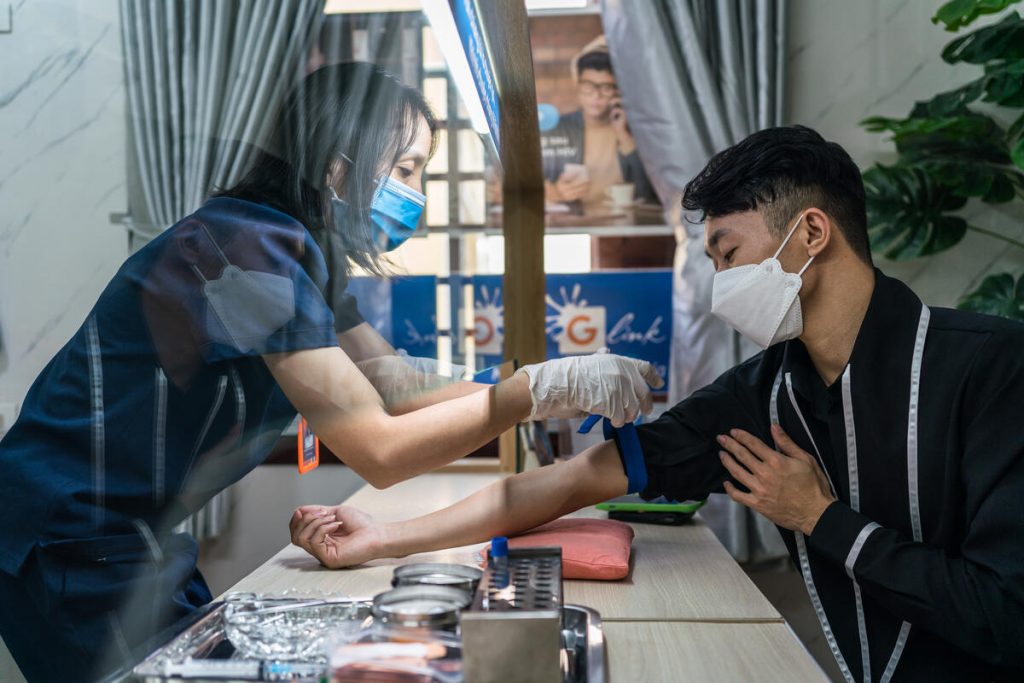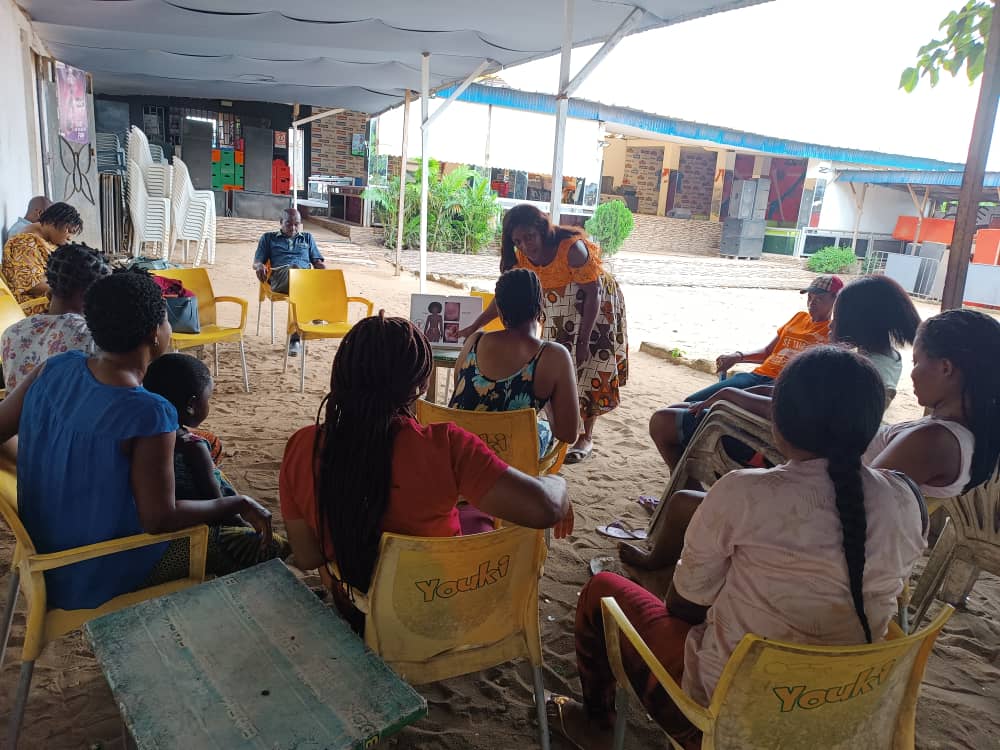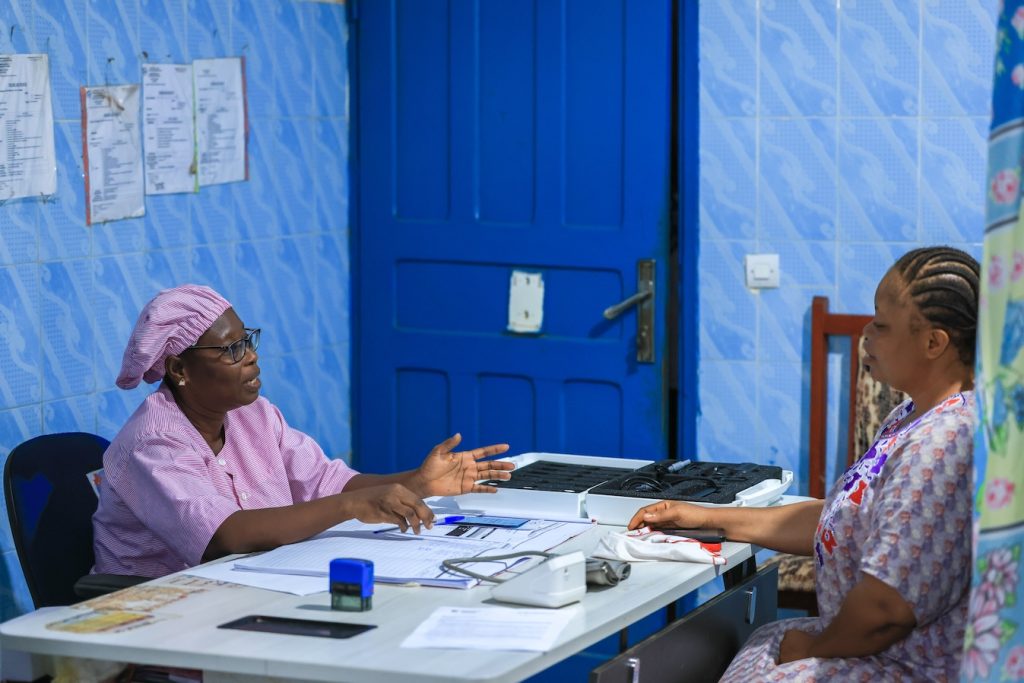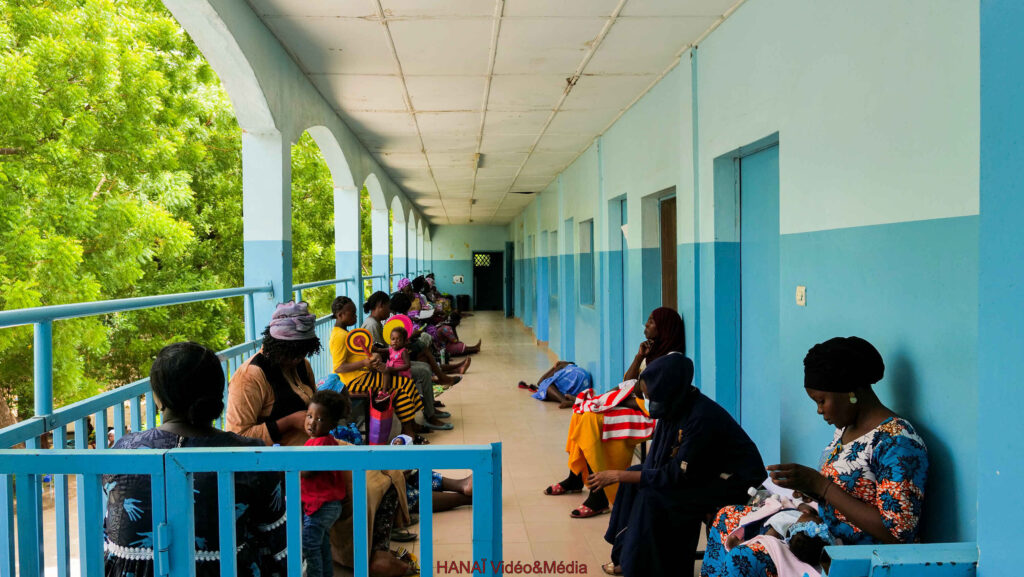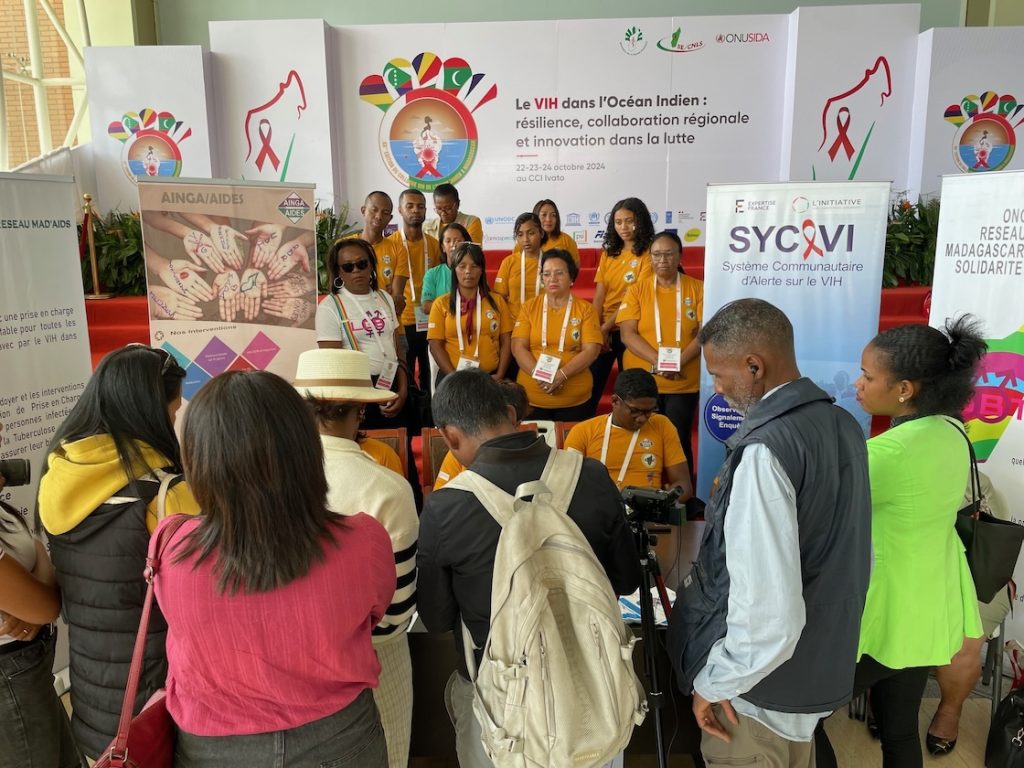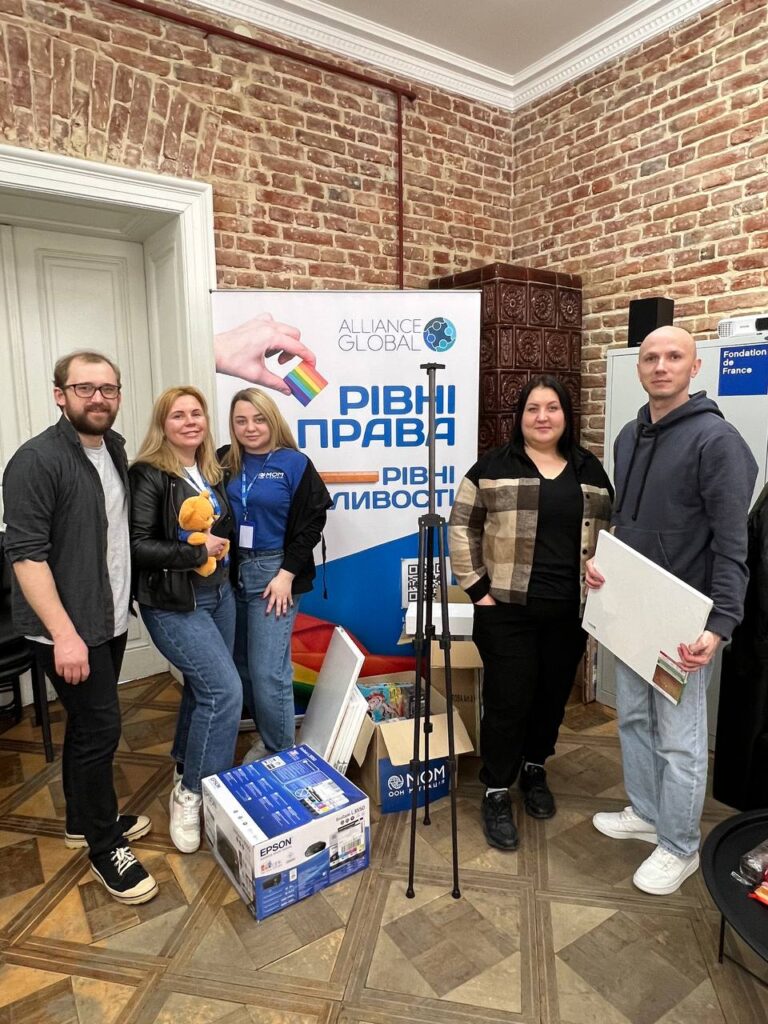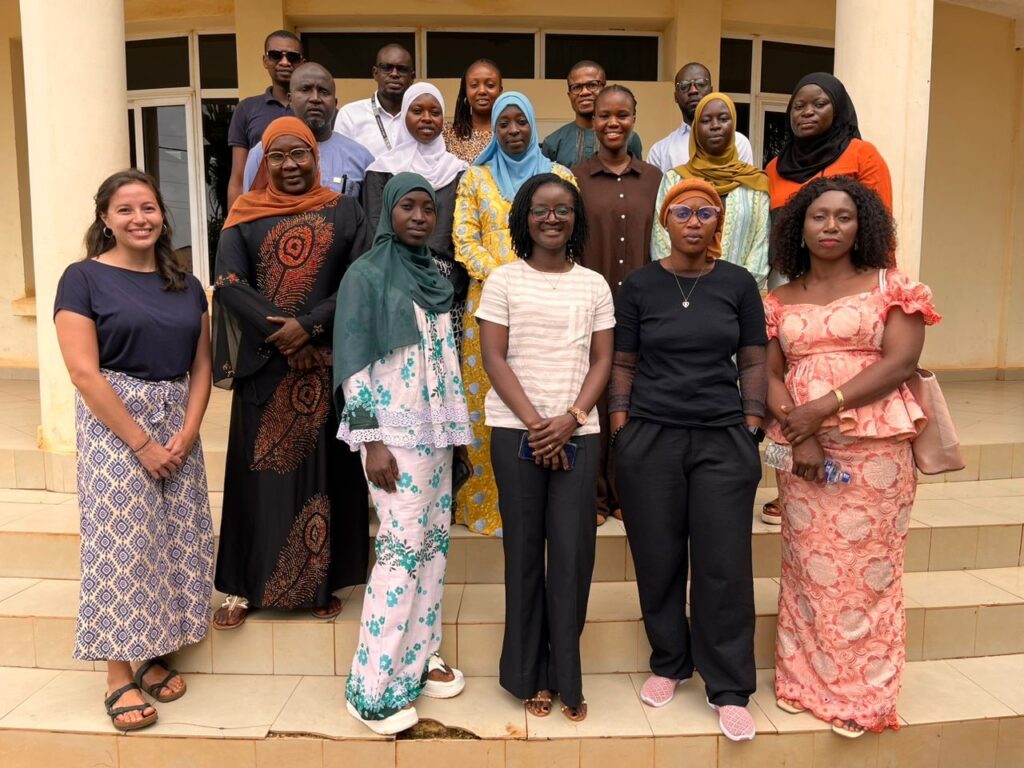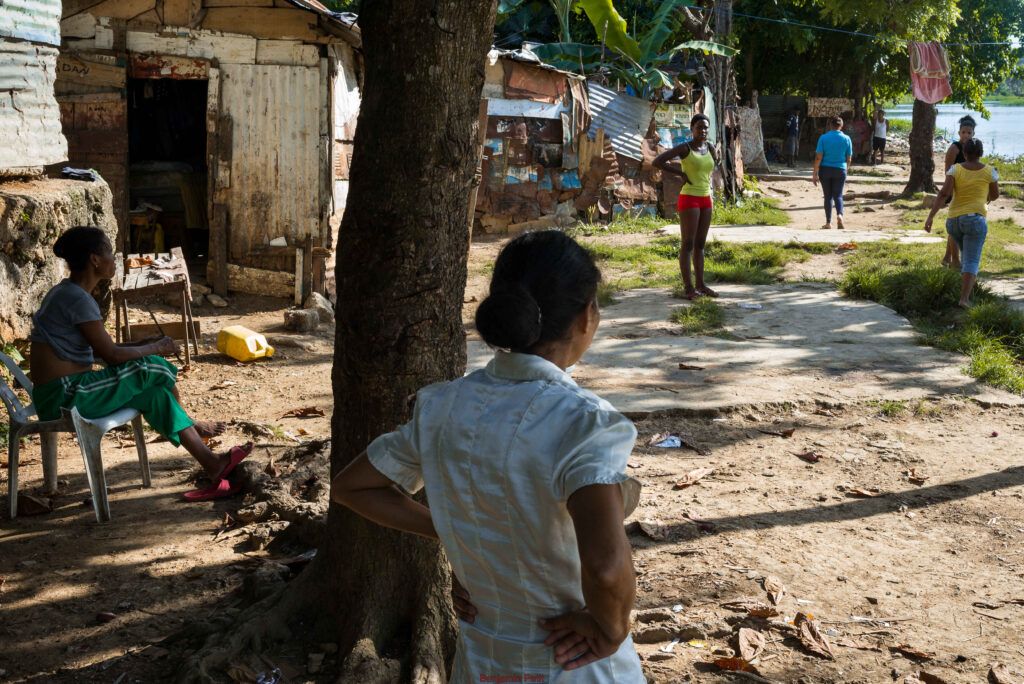Based on the results achieved in the two phases of the Saving the Future’s projects, the Building Up project develops specific interventions and separates them into individualized intervention packages to address the problems/needs of groups of young stimulant drug users.
Context
The use of amphetamine-type stimulants (ATS), particularly methamphetamine, is rapidly increasing worldwide, including in Vietnam, and is linked to higher HIV infection rates. Meth use influences sexual behaviors, leading to unsafe practices and poor treatment adherence, and facilitates HIV entry and replication, resulting in higher viral loads even among treated individuals. While HIV rates are declining among drug injectors and sex workers in Vietnam, infections are rising among young men who have sex with men, transgender people, and ATS users. Despite the 2019 National Guideline for ATS interventions, a clear legal framework for implementation is lacking.
Description
The project aims to improve the quality of HIV interventions for young people aged 16 to 24 who use drugs in 7 provinces: Hanoi, Hai Phong, Quang Ninh, Thai Binh, Ninh Binh, Nghe An, and Ho Chi Minh City. The main interventions include:
- HIV Prevention and linkage to care: Rapid testing, referral for ARV treatment for positives, PrEP for high-risk negatives, and prevention education with the distribution of condoms.
- Drug Use: Harm reduction for methamphetamine users through personalized consultations and referral of opioid users to methadone treatment. -Mental Health: Community outreach to reduce stigma and referral to psychiatric care.
- Psychological Support: Art and play therapies, mindfulness courses, and healing circles for clients who have experienced traumatic events.
- Communication interventions through online channels and personal consultation sessions.
Impact
This project is Vietnam’s first large-scale initiative targeting young drug users, benefiting over 9,300 individuals with essential HIV services. It tackles both the immediate risks and underlying causes of stimulant drug use. By redefining harm reduction, it broadens the focus to encompass physical, mental, and sexual health issues. Additionally, community-based organizations have improved their capacity to provide innovative interventions, including mental health care and trauma healing.
